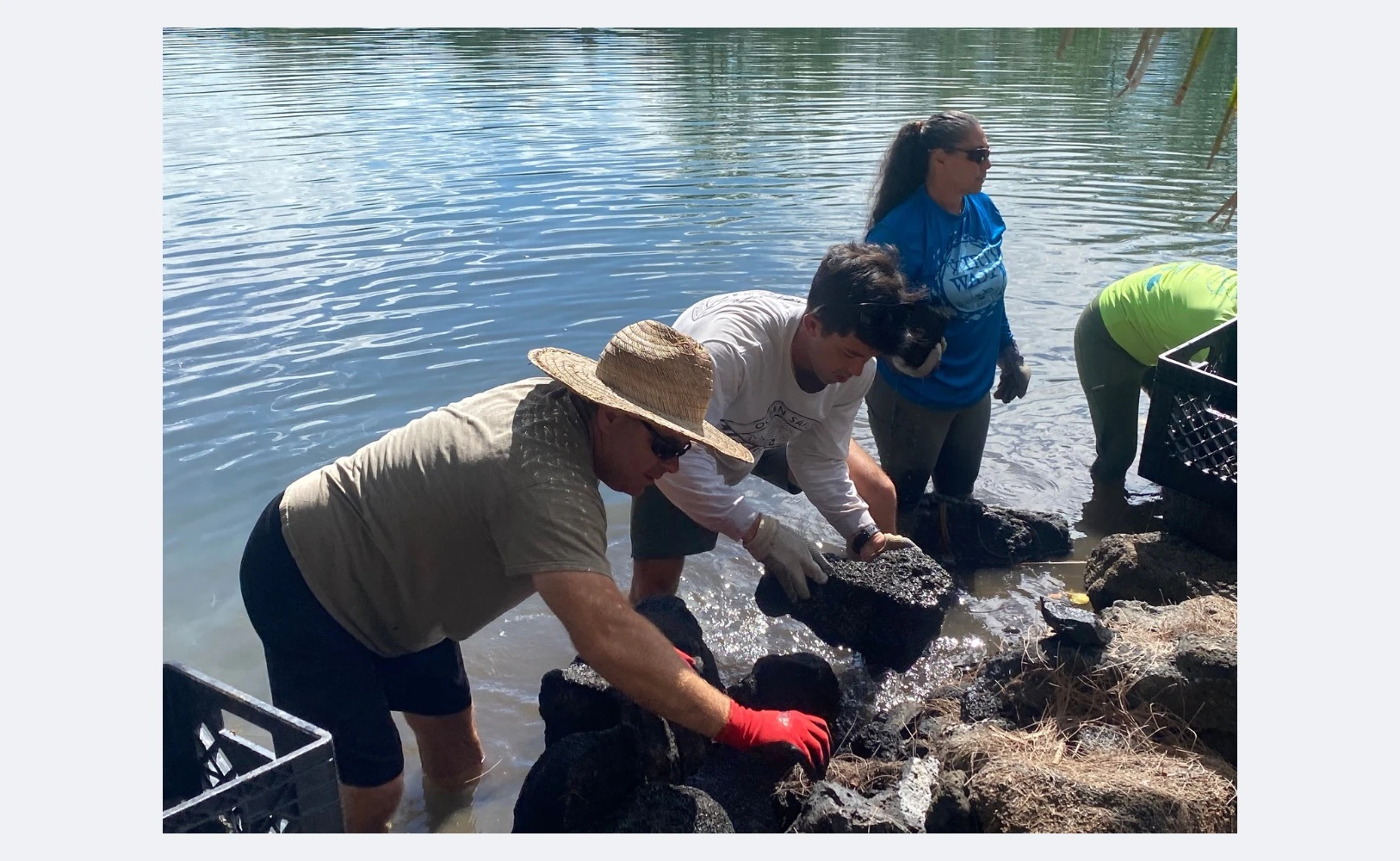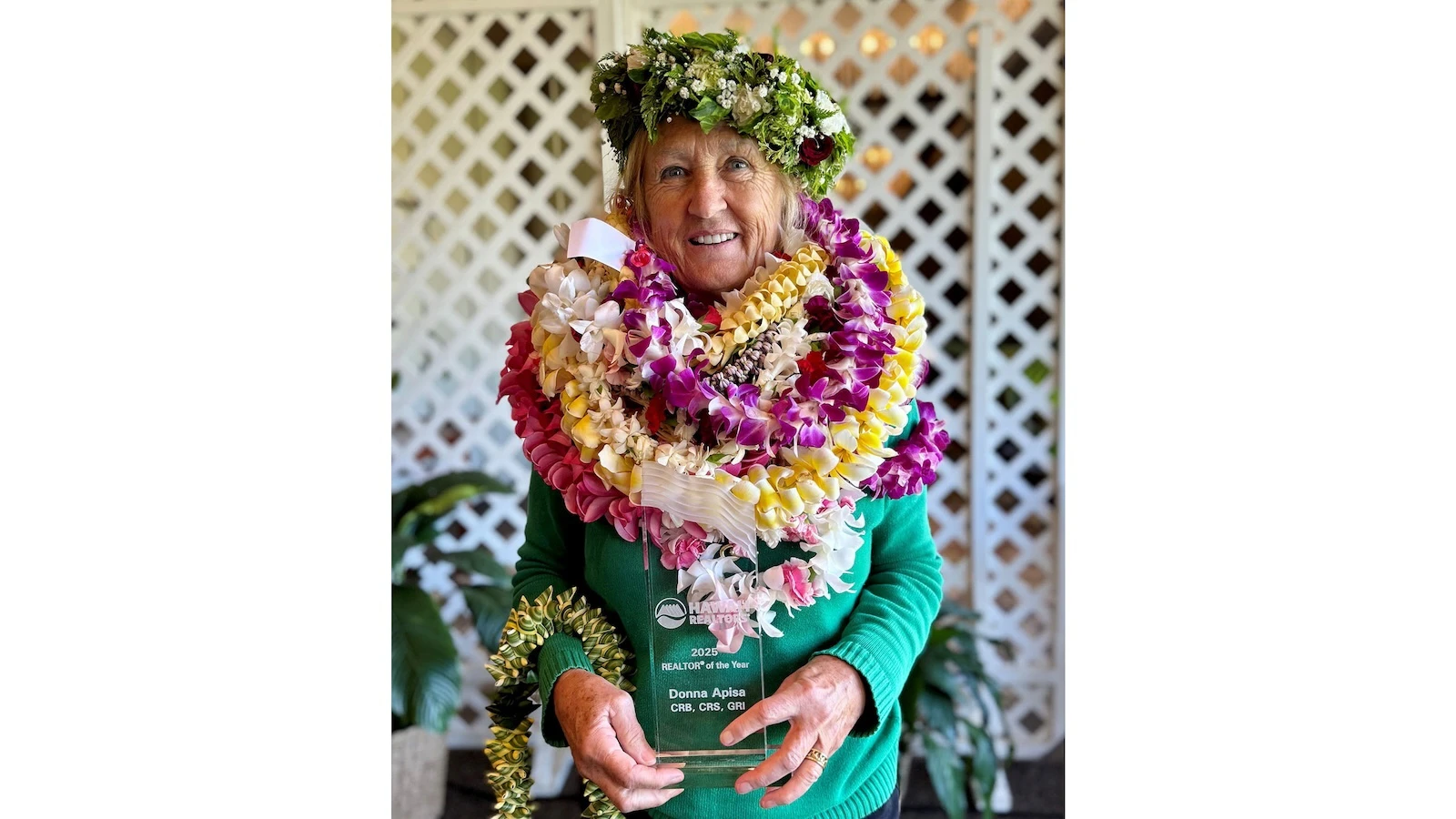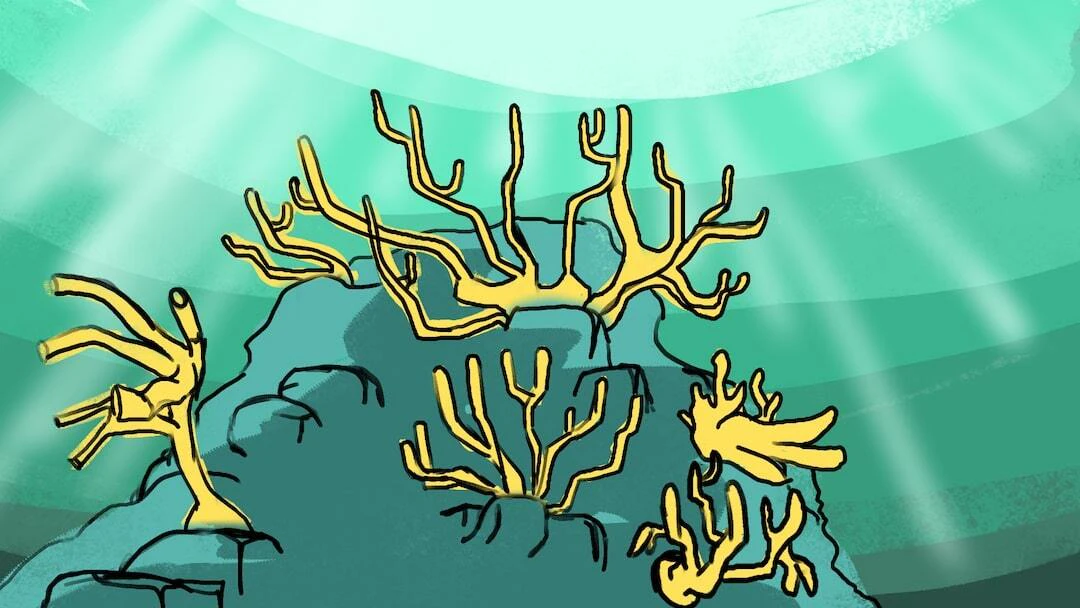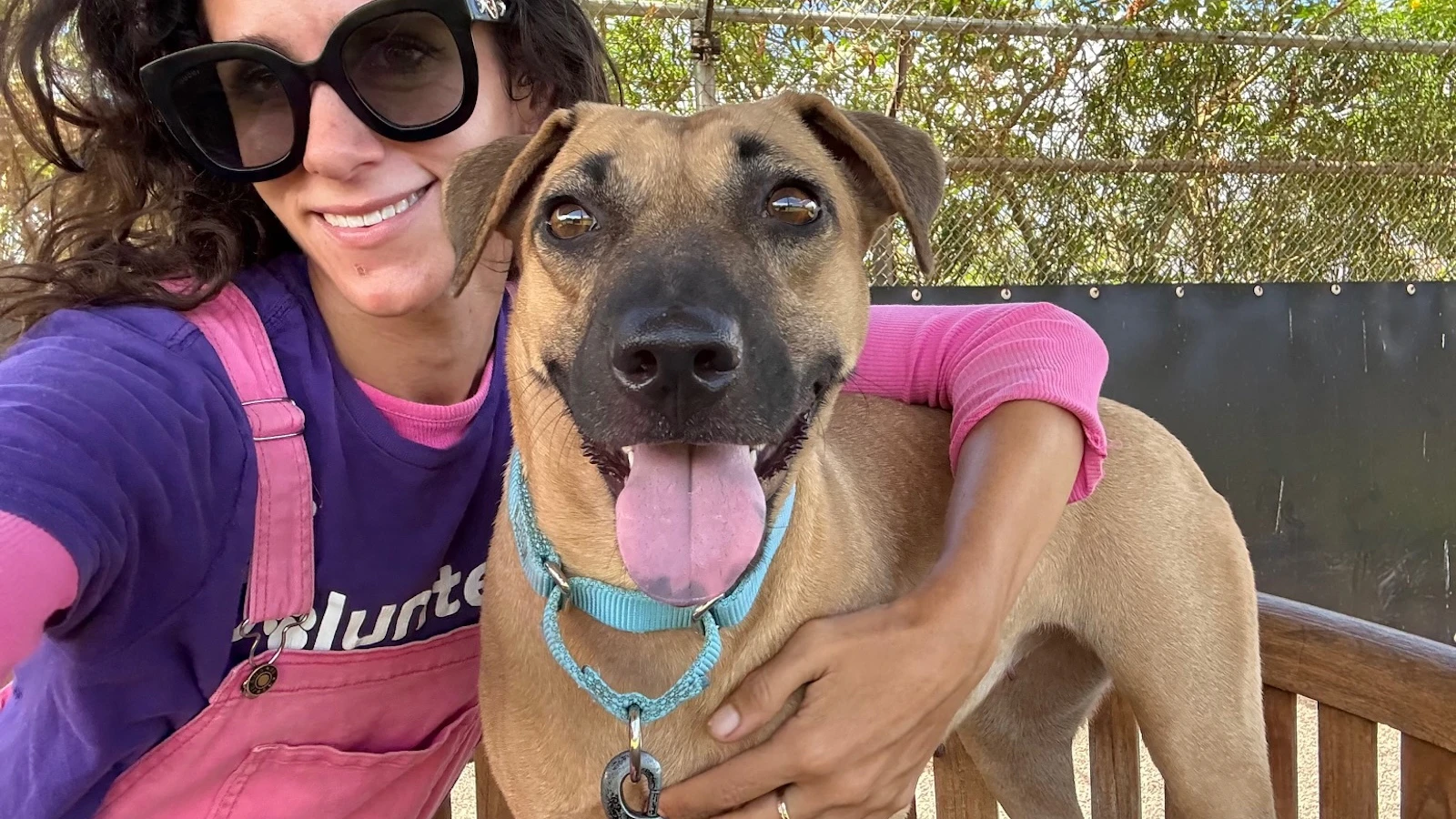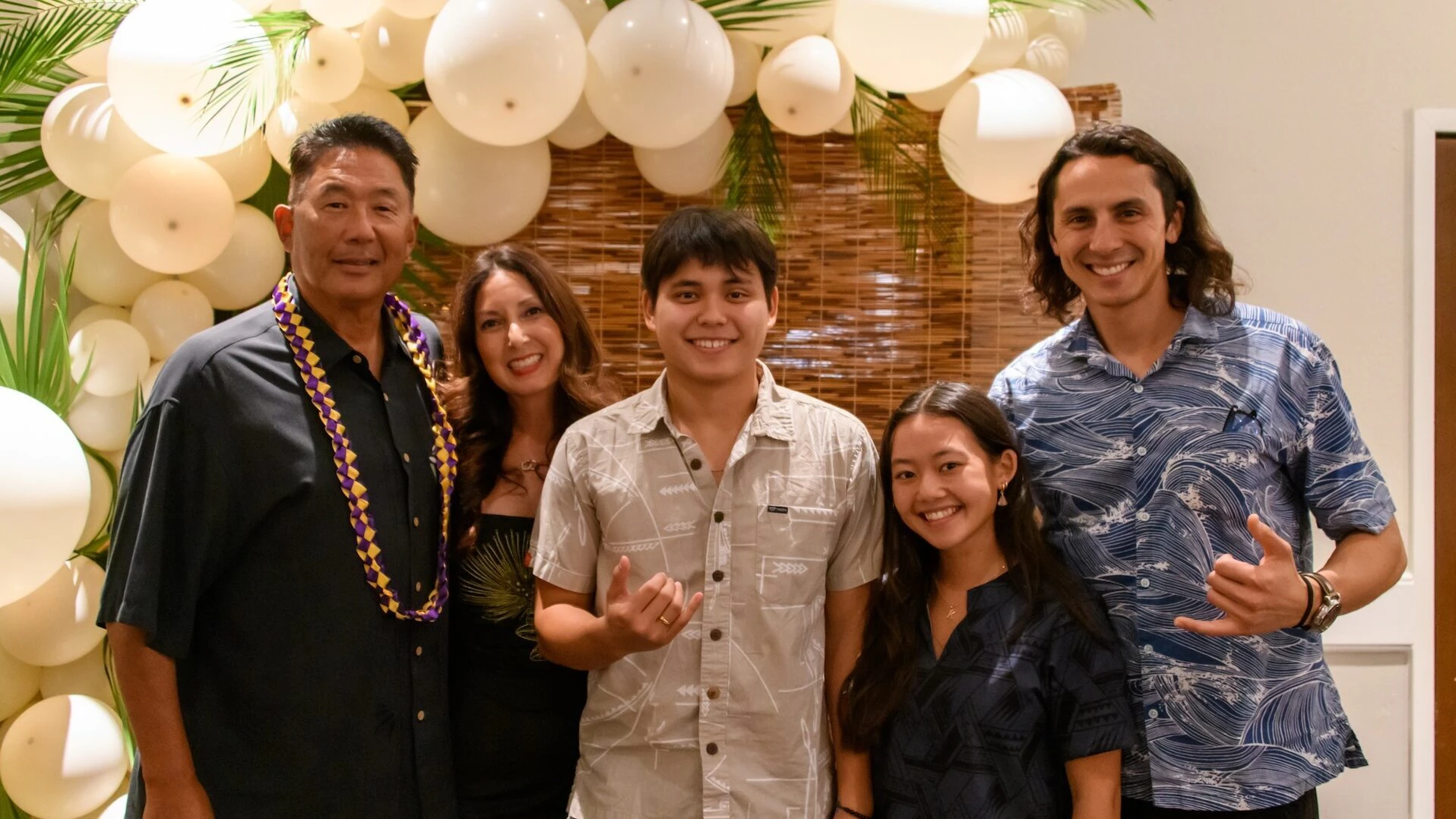Hilo-based nonprofit Vibrant Hawaiʻi recently published findings from its study exploring how cultural practices help improve individualsʻ mental health and well-being. In short, it took 24 active and retired members of the Hawaiʻi Fire Department through two fishpond restoration projects, while asking them to reflect and talk to research partners.
Read the full report at No Nā Pua: A Hawaiian Culture-Based Approach to Rebuilding First Responder Wellbeing.
Leaders at Vibrant Hawaiʻi said next steps include submitting the academic version for publication in a peer reviewed journal come May.
“Longer term, we are looking to expand culture-based mental health programs to not only offer these services to more first responders more consistently, but to also concurrently conduct research into their efficacy and impacts,” the nonprofit’s CEO Janice Ikeda, told Aloha State Daily by email. “By adding to the body of evidence while working within our communities, we seek to build bridges of understanding that will serve to make access to these vital services available to those who could benefit from them.”
No Nā Pua was first conceptualized at the height of the Covid-19 pandemic, in response to spikes in post-traumatic stress disorder (PTSD), depression, and substance use disorders, particularly among first responders. The study was supported by an anonymous donor, she noted.
“Vibrant Hawaiʻi supports resilience and resourcefulness in local communities across Hawaiʻi,” Ikeda said. “By drawing out native and place-based intelligence we seek to support communities in realizing that they have the know-how and resources to determine their own futures and definitions of thriving.
“Our goal is to start a ripple that local communities can carry forward.”
According to Vibrant Hawaiʻi, “The study identified themes related to centering and culture including the benefits of learning about Hawaiian culture, socializing without alcohol or emphasis on rank, and connecting with ʻāina” through moʻolelo and oli, cultural identity and knowledge.
When asked about the implications of this study, Ikeda said, “What was surprising was that there is little to no academic literature or evidence, and therefore support, for culture-based mental health interventions.”
“In general, the study's findings were not particularly surprising because they reflect what we have known intuitively and culturally for generations – that healing happens in relationship to place, community and self.”
She credits the study’s success to its participants, “who were able to articulate how the intervention supported building healthy and healing connections, without the influence of alcohol or hierarchy that tend to color other social activities.”
“Building up these relationships may offer an extended web of support for first responders, and we're very interested in documenting why this might be the case.”
ASD also asked Ikeda what she’s been learning lately as a leader in the community.
“Especially when navigating multiple initiatives or systems change work, it’s tempting to default to efficiency and execution. But what our communities are asking for isn’t speed — it’s depth, trust and shared authorship,” she said.
“I’m being reminded, too, that clarity is kindness. Whether I’m working with youth, government partners, or grassroots leaders, setting shared expectations and timelines — while holding space for creativity and culture — helps us build momentum together. Ultimately, I’m learning that leadership isn’t a role — it’s a practice. One that keeps evolving, as long as I stay willing to be taught.”
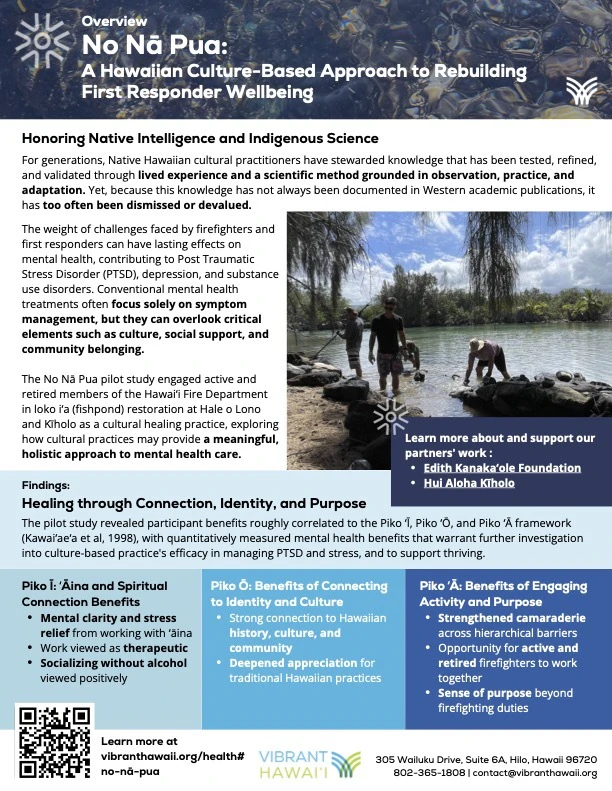
Kelsey Kukaua Medeiros can be reached at kelsey@alohastatedaily.com.

